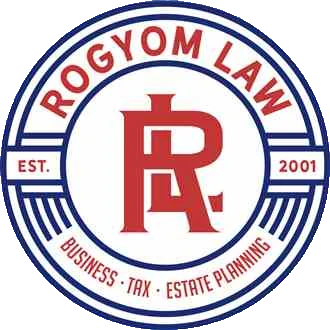In today’s competitive business climate, businesses paying more taxes than necessary do so at their own peril. But when extra cash is needed, the company can hire tax professionals to recover those overpayments through refunds.
By conducting reverse audits on behalf of companies, I have rarely found a company whose tax department didn’t have some oversights, particularly regarding indirect taxes. Likely targets for recoverable overpayments include the company’s indirect taxes, such as: sales & use taxes, value-added taxes, and excise taxes. Certain state-specific taxes are also likely cash sources, such as the Maryland admissions and amusement tax which is levied upon the business not the customer.
Understandably, most companies’ tax staff tend to focus on federal and state income taxes. Some companies even delegate indirect tax responsibilities outside their tax departments, such as to their accounts payable staff. Focusing on recovering use tax overpayments and fine-tuning the accounts payable systems can create both immediate cash and long-term competitive advantages.
The process generally begins by the company sending accounts payable information to the tax consultant. The tax consultant will evaluate the information based upon their knowledge of your company and industry. The tax consultant will then request sample invoices based upon their analysis. The consultant then indentifies areas with needed improvements and where refunds can be requested. The refund recommendations may be limited to certain tax jurisdictions where refund benefits outweigh tax liability risks.
While larger companies provide more opportunities for tax recovery, some industries are particularly affected by indirect tax errors given their many available exemptions. Companies in those industries include: manufacturers, contractors, service providers, non-profits, pharmaceuticals, and other high-tech companies. There are many areas your company likely has not considered as tax refund sources.
With modern electronic accounting systems, the tax recovery process can be conducted with minimal burden upon company staff. In addition, many tax consultants may agree to work on a contingency or a mixed-contingency basis. Given the minimal risk, companies should not hesitate seeking tax recovery services.
For further information, please contact Jeff Rogyom at (410)929-4578.

